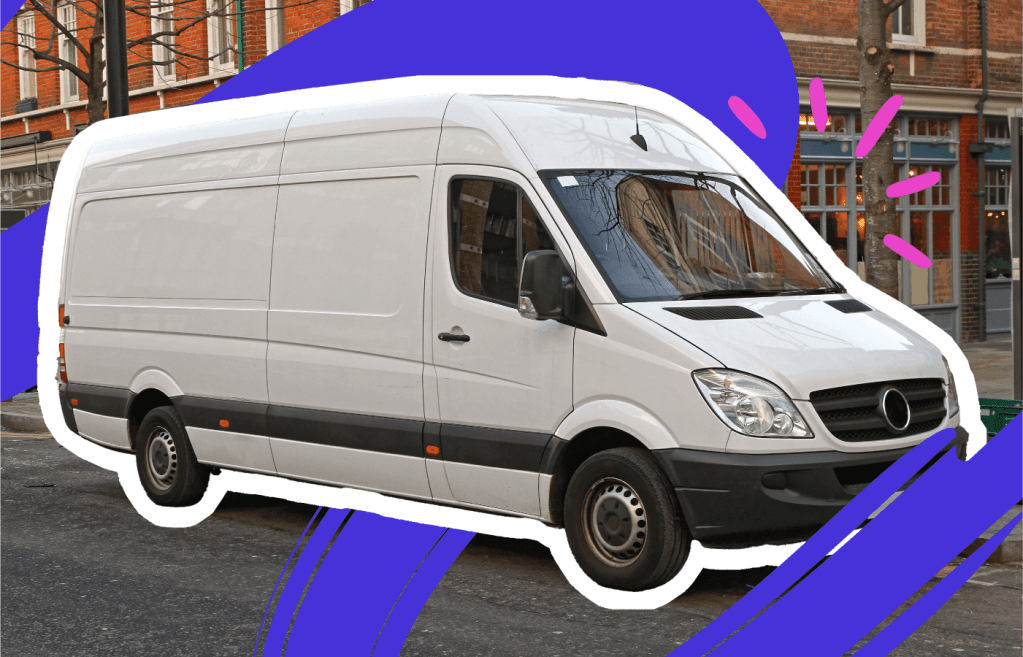The government is calling off plans for all new smart motorways due to safety concerns. This comes after all new construction projects were paused in January 2022.
But why the U-turn? And what does this mean for the existing smart motorways? Read on to find out more about the upcoming changes.
What are smart motorways and why are they being scrapped?
Smart motorways were introduced in 2002, with the aim of using technology to ease congestion. They’re monitored with cameras that can open and close lanes at any time.
Adaptive speed limits and unreliable technology have been unwelcome additions for most motorists. The RAC’s report on motoring shows 70 per cent of respondents don’t want any more smart motorways to be built.
The hard shoulder being used as an active lane has proved to be the most unpopular aspect of smart motorways, with drivers and the government recognising its potential dangers.
Prime Minister Rishi Sunak shared his concern about their safety: “Many people across the country rely on driving to get to work, to take their children to school and go about their daily lives and I want them to be able to do so with full confidence that the roads they drive on are safe.”
Because of waning public and political support, the government has cancelled the 14 smart motorways that were scheduled. But the progress made in rolling out the technology between junctions six and eight of the M56 and 21a and 26 of the M6 will continue, as these projects are almost complete.
What’s going to happen with existing smart motorways?
It isn’t yet clear what the plan for existing smart motorways will be. However the Prime Minister’s spokesperson, Max Blain, said that £900 million will be spent on adding safety features to the existing smart motorways.
The idea of the hard shoulder being reintroduced to these roads has been dismissed, and Blain said it “would be extremely disruptive to the public trying to go about their day” and “come at a significant cost to the taxpayer”
The government is instead planning to introduce 150 more emergency stopping places across the remaining smart motorways.
But is this enough?
Some are arguing that if safety is the government’s main concern, these changes don’t go far enough.
Greg Smith, a transport select committee member and Conservative MP, said: “Disruption is no argument for safety.”
“Some minor disruption to put the hard shoulder back and save lives shouldn’t be too difficult,” he added.
The RAC’s report showed 69 per cent of people want the hard shoulder restored on smart motorways “regardless of price and inconvenience”.
Others would like the Prime Minister to go even further, while Norman Baker, Director of External Affairs at Campaign for Better Transport, would like to see smart motorways removed entirely.
“We welcome the Government’s decision to cancel all new smart motorways but think Rishi Sunak must now go further and scrap all existing smart motorways as well,” Mr Baker said.
Do you think the government’s plans will improve smart motorways? Let us know in the comments below.
More useful articles for the self-employed
- Best self-employed accounting software compared
- What happens if you’re inside IR35?
- Self-employed pension guide
- What does business van insurance cover?
Looking for self-employed insurance?
With Simply Business you can build a single self employed insurance policy combining the covers that are relevant to you. Whether it’s public liability insurance, professional indemnity or whatever else you need, we’ll run you a quick quote online, and let you decide if we’re a good fit.
JarekKilian/stock.adobe.com
